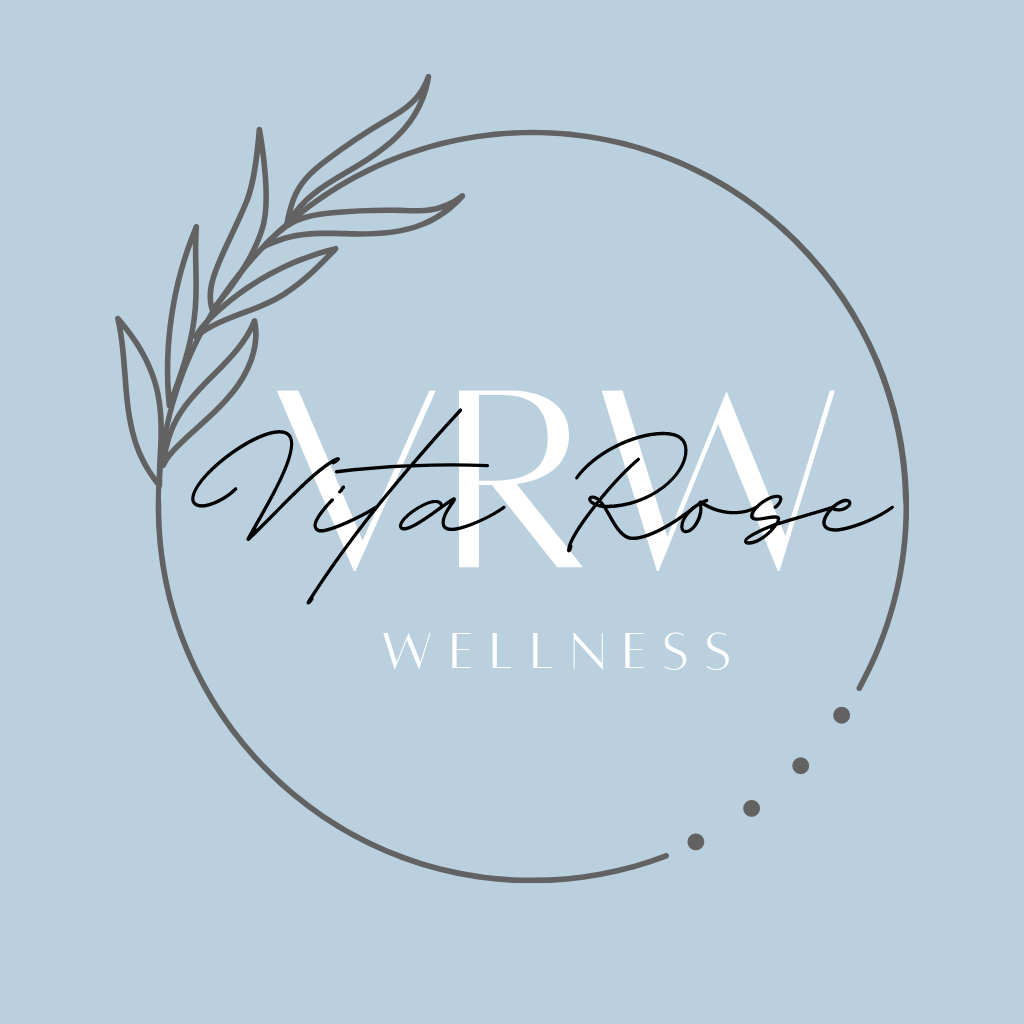Herbs That Help with Anxiety and Depression
- Vita Rose Wellness
- Aug 15, 2024
- 4 min read
Anxiety and depression are among the most prevalent mental health issues today, and while conventional treatments like psychotherapy and medications are effective, many individuals are turning to complementary approaches such as herbal remedies. Historically, herbs have been used to support mental health, and modern science is now beginning to substantiate these traditional uses. Below are some well-researched herbs that may help alleviate anxiety and depression, along with important precautions to consider.
Want to read more?
Subscribe to vitarosewellness.com to keep reading this exclusive post.
%20(1024%20%C3%97%201024%20px)%20(1).jpg)



